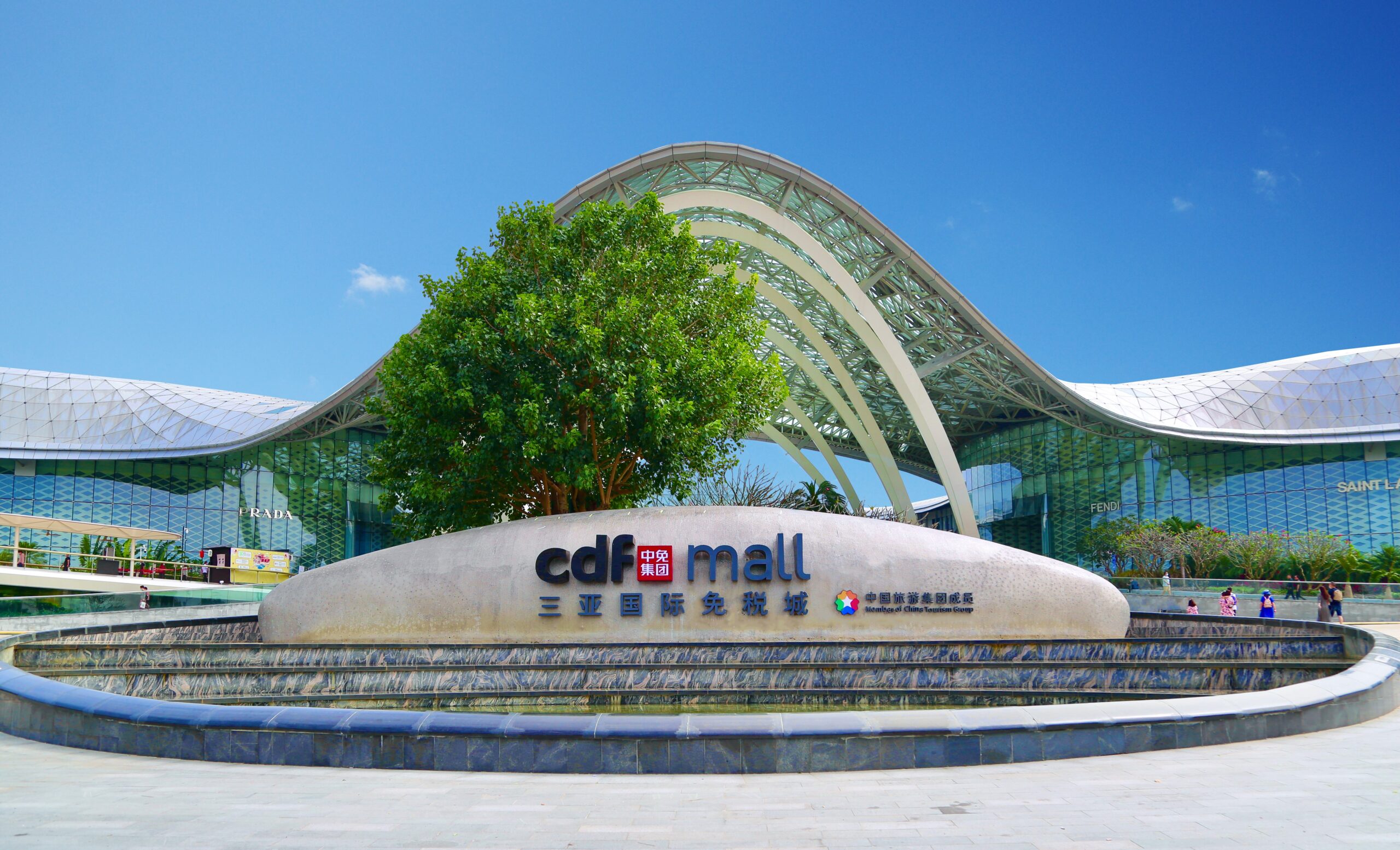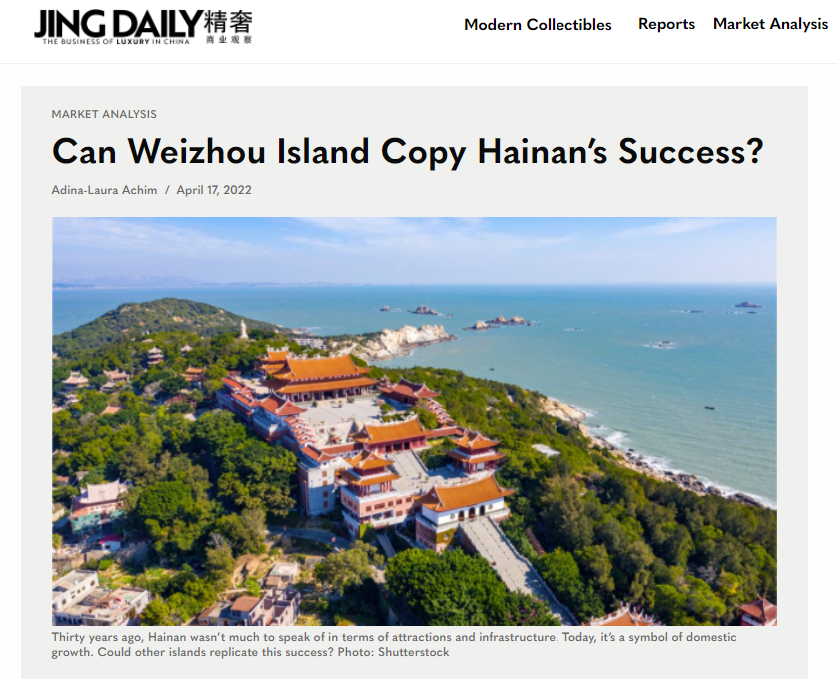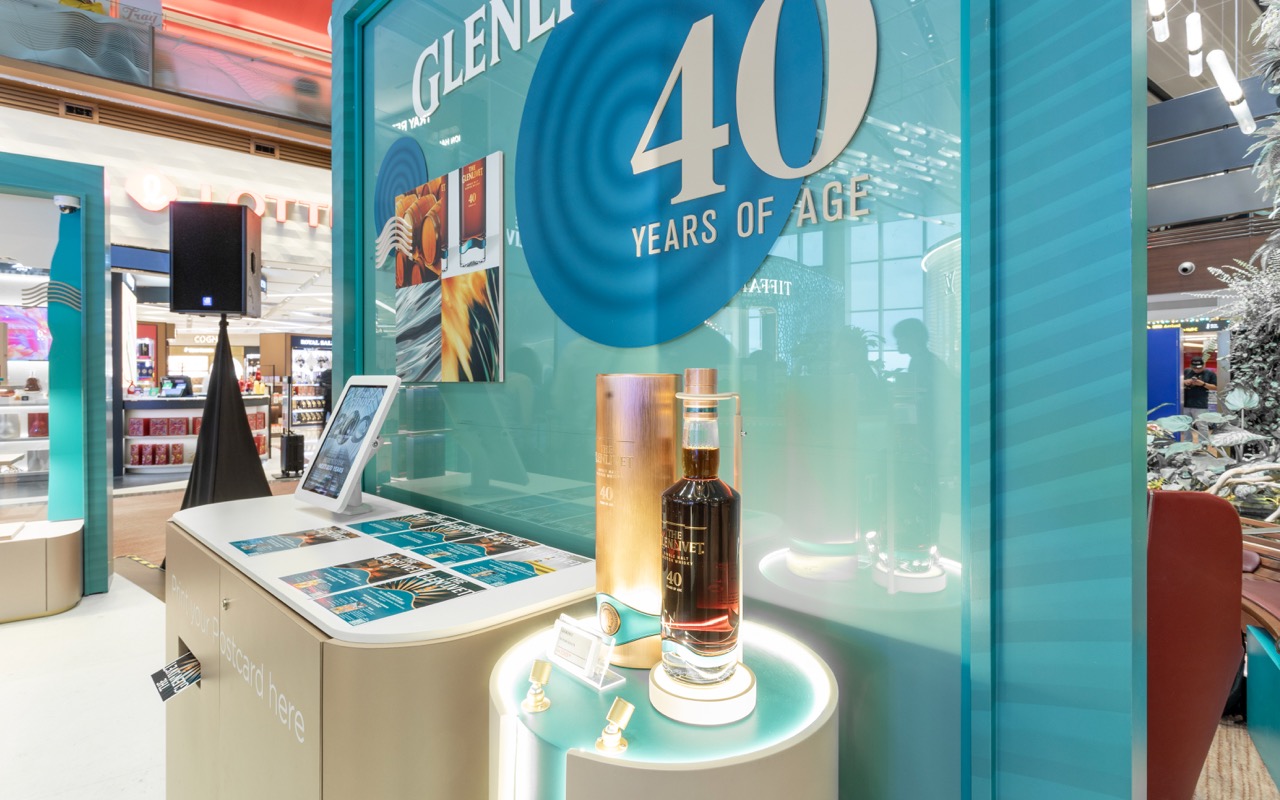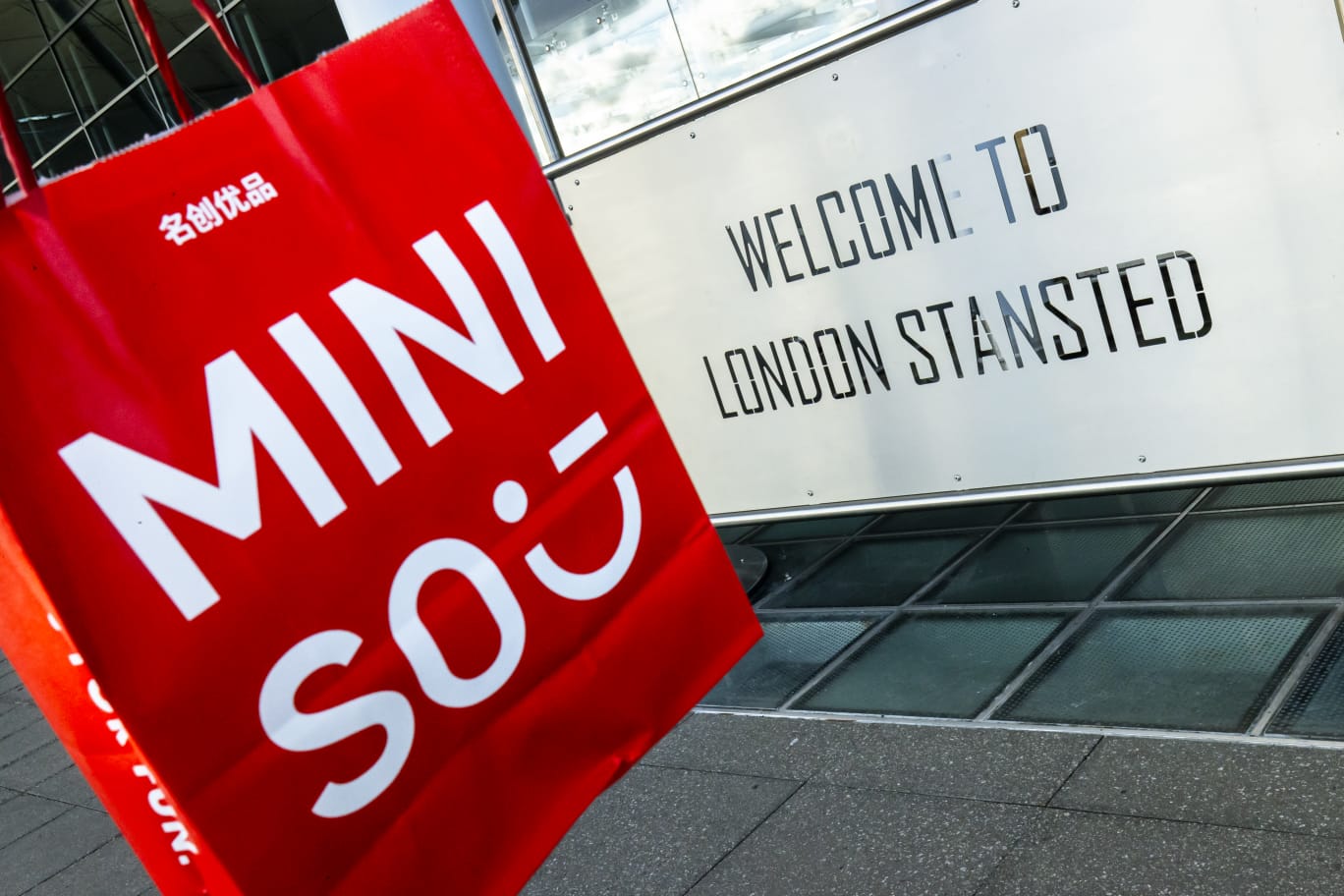 CHINA. The Office of the State Council has paved the way for the creation of further Hainan-style “international consumption centre cities” – replete with duty free stores “with Chinese characteristics” – in a bid to revitalise domestic consumption.
CHINA. The Office of the State Council has paved the way for the creation of further Hainan-style “international consumption centre cities” – replete with duty free stores “with Chinese characteristics” – in a bid to revitalise domestic consumption.
The State Council is the chief administrative authority of the People’s Republic of China. In a key section of a wide-ranging document issued today entitled ‘Opinions of the General Office of the State Council on Further Unleashing Consumption Potential and Promoting a Sustainable Recovery of Consumption’, the organisation called for promotion of the healthy and sustainable development of consumption platforms.
This includes the need to “accelerate the cultivation and construction of international consumption centre cities.”
“[We will] improve the cities’ duty free shop policy, and plan to build a number of city duty free shops with Chinese characteristics” – Office of the State Council
The document said the government will support all regions to establish a mechanism to promote normalisation of consumption, and cultivate a number of “characteristic activity” brands. “[We will] improve the cities’ duty free shop policy, and plan to build a number of city duty free shops with Chinese characteristics,” the report said.
That is likely to mean opening stores along the lines of the Korean downtown duty free model, allowing Chinese travellers to shop before they travel abroad. However, it could also see more Hainan-style offshore duty free zones (see Jing Daily comment below).
“I think the main purpose of the policy of duty free shops in urban areas is to keep the overseas consumption of Chinese tourists in China,” a leading Chinese travel retail executive told The Moodie Davitt Report.
Underlining the significance of the announcement, another experienced Chinese travel retail source told us, “I believe there will be a few positive policies coming out to encourage the duty free industry.”



The country should support qualified regions to build foreign-related consumption zones in cooperation with overseas) institutions, relying on free trade pilot zones, etc. It should “encourage all regions to build a number of consumer clusters with complete facilities, rich business formats, healthy and green in an orderly manner around the themes of commerce, culture, tourism, sports, etc.”
High-level activities such as ‘China Brand Day’ and ‘National Consumption Promotion Month’ will be organised, the State Council pledged.
The document said the government will support all regions to establish a mechanism to promote normalisation of consumption, and cultivate a number of “characteristic activity” brands. “[We will] improve the cities’ duty free shop policy, and plan to build a number of city duty free shops with Chinese characteristics,” the report said.
Jing Daily, an information-sharing partner of The Moodie Davitt Report, suggested in a report earlier this month that Weizhou Island and the city of Beihai were the favourites to replicate the Hainan model.
“Before China designated Hainan as a Special Economic Zone in 1988, the tropical island wasn’t much to speak of in terms of attractions and infrastructure. Fast forward to today and its economy has become a symbol of domestic growth and social development,” wrote Jing Daily reported Adina-Laura Achim.
“Now many are asking: could other islands replicate Hainan’s success? Weizhou Island and the city of Beihai are the favourites to do so. The former, a small, volcanic island, is already a domestic tourist hub and famous for its inviting scenery and white sand. Meanwhile, Beihai lays claim to the ‘greatest beach in China’.
More to follow.













